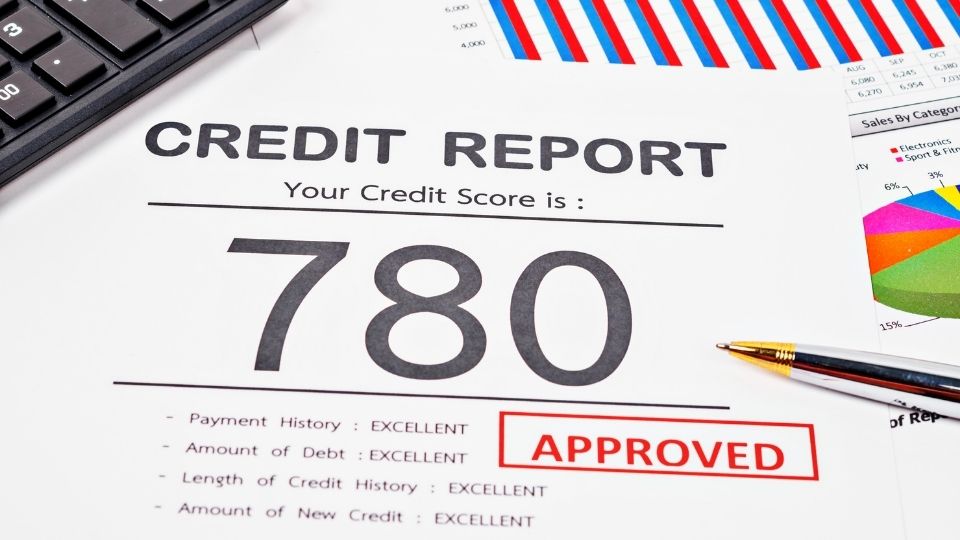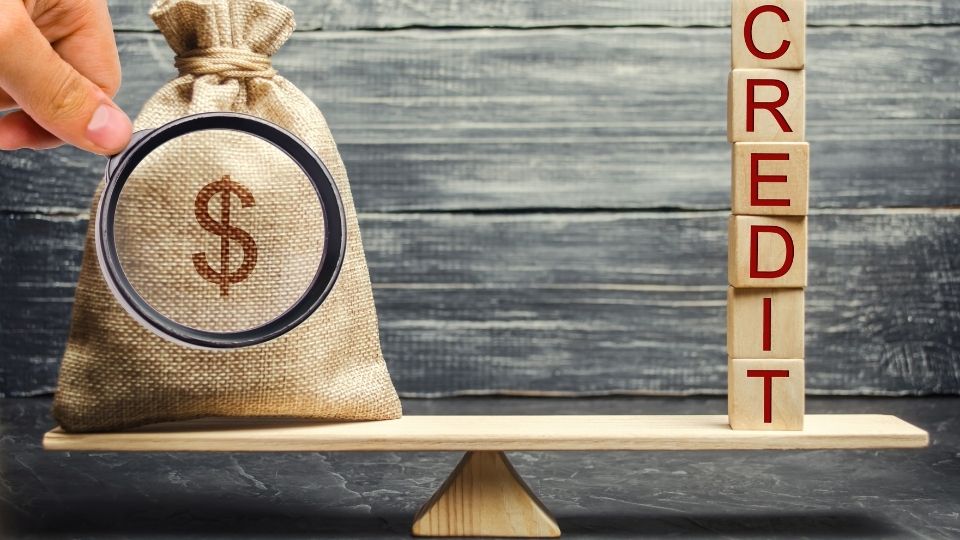Check Credit Scores Online For Free

While many online services available today are seen as frivolous, the Internet has revolutionised the financial industry. The previously mysterious world of credit scores, credit files and loans with no credit check have been opened up to the general public. You can now perform a credit score check online, often free of charge, to confirm your credit rating NZ. However, as the number of victims of identity theft continues to grow, you must check your credit file and credit score regularly. Catch the criminals early!
We will now take a look at ways in which you can perform a credit score check online and keep track of your credit file. There is also information about tackling your financial difficulties, the dangers of loans with no credit check and the benefits of debt consolidation.
What is a credit score?
While the foundations of a credit score are the same, different people will give a different idea of what a credit score reflects. In summary, a credit score reflects:-
- Your creditworthiness
- Your financial management skills
Using information sourced from various credit rating NZ bureaus, the credit score system will calculate a number between zero and 1000. The higher your credit score, the better when it comes to applying for finance. Conversely, if you have a relatively low credit score, you may struggle to obtain traditional finance. So make sure you carry out a credit score check regularly!
How is your credit score calculated?
As we touched on above, your credit score is calculated using information held by the three primary credit rating NZ bureaus. While those calculating your credit score use the same information, they may have a different system that gives a slightly different score. However, the consensus as to whether your credit score is poor, average or above-average would be the same.

The following factors are prominent when calculating credit scores:-
Payment history (making up around 35% of your score)
It will be no surprise to learn that payment history, focused on any missed payments, is the most influential factor when calculating your credit score. In simple terms, this is a reflection of your financial management skills. While missed payments will ultimately impact your next credit score check, missed payments aren’t recorded immediately. The credit rating bureaus are only informed of any missed payment more than 30 days after being overdue.
Amounts owed (30% of your score)
Your credit utilisation ratio is a significant factor when it comes to calculating your credit score. For example, if you have a $5000 credit card limit, and your balance is currently $2500, this is a 50% credit utilisation ratio. While some of the detail is shrouded in mystery, there’s a general consensus that using more than 30% of your available credit is considered a negative factor to creditors.
Credit history longevity (15% of your score)
Many people will be surprised to learn that your credit history longevity will impact your credit score. So, next time you move bank accounts, it may be sensible to retain your older account to maximise your credit history longevity. If you close all of your older accounts and open new accounts, this will significantly reduce your credit history. This would be a negative factor when calculating your credit score.
Credit mix (10% of your score)
Credit mix takes in the various types of finance, including credit cards, car loans, personal loans, etc. In essence, this is another reflection of your financial management skills.
New credit (10% of your score)
Even if you have a relatively healthy credit score, opening several new credit accounts will harm your rating. This is because each time you apply for finance the company involved will carry out what is known as a hard credit inquiry – a review of your credit file, as a means of calculating your credit score. So, if you were to apply for a range of credit accounts, then numerous hard inquiries would appear on your credit file. Naturally, this would be considered negative by any potential finance provider.
Ensure your credit file is accurate
As we touched on above, identity theft is now a real problem, which can often leave innocent individuals with huge debts. There is also the fact that human error or mismanagement may mean that your credit file is not accurate. This might impact your credit score. Consequently, you must monitor your credit file/credit history regularly.
It may be that a regular credit score check will alert you to potential inaccuracies. So why is your credit rating NZ falling when your finances appear secure?
How to request your free credit data
Under the law, you are entitled to a free copy of your credit report – there may be a charge if this is required urgently. The processing times vary between the companies, but you are generally talking no more than ten working days.
The three credit reporting bureaus in New Zealand are as follows:-
- Centrix
- Equifax
- Illion
It is important to note that while they are obliged to provide a copy of your credit report, they are not obliged to offer a free credit score check. If any of the information on your credit file is inaccurate, you can advise the credit reporting bureaus to correct their records. This is one of the more common ways individuals discover fraudulent financial applications by third parties, otherwise known as identity theft.
How to request your free credit score online
While many different online companies offer credit scores, one of the more popular companies is Credit Simple. This is owned by the credit rating bureau Illion. The website provides a free credit score service while many of the others will charge. As we touched on above, your credit score is calculated between 0 and 1000. Potential creditors view a score below 500 as poor; 500-600 is the norm, with scores above 700 considered above average.
It is essential to monitor both your credit file and your credit score. You will find it especially useful if you are looking to apply for any finance in the short to medium term. There are also various actions you can take to improve your credit rating NZ. To do this, you first need to understand how your credit history impacts your credit score.
Understanding your credit history
We have covered an array of elements included in your credit file, used to calculate your credit score. This section will focus on positive and negative factors that will impact your next credit score check.
Negative factors on your credit file
Numerous negative factors will impact your credit rating NZ, which include:-
- Missed payments
- High credit utilisation ratio (maxing out)
- Applying for multiple sources of finance in a short space of time
- Account defaults including foreclosures, bankruptcy, etc
It is important to note that information on your credit file will usually remain “live” for five years. Consequently, five years after an adverse event, this may still harm your credit score and access to finance.

Positive factors on your credit file
The leading factors which will have a positive impact on your credit file are relatively obvious, including:-
- Pay all bills on time
- Pay down credit
- Avoid late payments – you usually have 30 days after the due date before this will impact your credit rating NZ
- Limit new finance requests
Unfortunately, mistakes do happen, and your credit file may contain inaccurate information from time to time. This may impact your credit score, so you must continue to monitor data held about your finances.
Resolving a financial crisis
The vast majority of us will, at some stage in our lives, experience financial difficulties. Those experiencing severe financial problems will see access to credit reduced if not eliminated. Unfortunately, in desperation, many people may go down the route of loans with no credit check. However, this is very often a recipe for disaster!
Avoid loans with no credit check
As these finance companies don’t carry out any credit checks, they have no idea of your financial background. They will automatically assume that you have financial difficulties as you have approached them and have seemingly accepted their terms and conditions. Specific risks associated with loans with no credit check are as follows:-
- High-interest rates and exorbitant fees
- A cycle of debt with finance rolled over time and time again
- Loss of collateral
Even though the so-called payday loan sector is now better regulated, many people going down this route may never get out of debt. So what is the option?
Debt consolidation is a viable alternative
While your finances are disintegrating in front of your very eyes, it can be difficult to contemplate a medium to long-term solution. Constant reliance on high interest “payday loans” has seen many people trapped in a cycle of debt, unable to escape. Debt consolidation is a viable alternative, with several benefits:-
- One monthly repayment
- Potential to reduce interest charges
- More affordable fee structure
- Opportunity to extend the duration of the finance
Many people fail to realise the consequences of complicated finances. They are challenging as much from a mental perspective as a practical one. Using debt consolidation finance allows you to take back a degree of control, reduce monthly repayments, and extend the duration over a more favourable period. You will still need to make the monthly repayments, but there is scope for adjustments to reflect your existing financial situation. It is not the end of the world!
Summary
It is crucial to monitor information held on your credit file and your up-to-date credit score. While you should be aware of any financial challenges before they begin to impact your credit score, it can help to see everything in black-and-white. The sooner you act on your financial challenges, the more options are available, including debt consolidation. Even though payday loans, and similar arrangements, may catch your eye, loans with no credit check can introduce you to a damaging cycle of debt. Take advice!
by Ash Horton
October 28, 2021
Ash is a professional content writer with extensive experience in business development in the financial services. Ash has founded businesses from the age of 19, including franchising ventures, and working alongside some of the largest retailers in the world.









